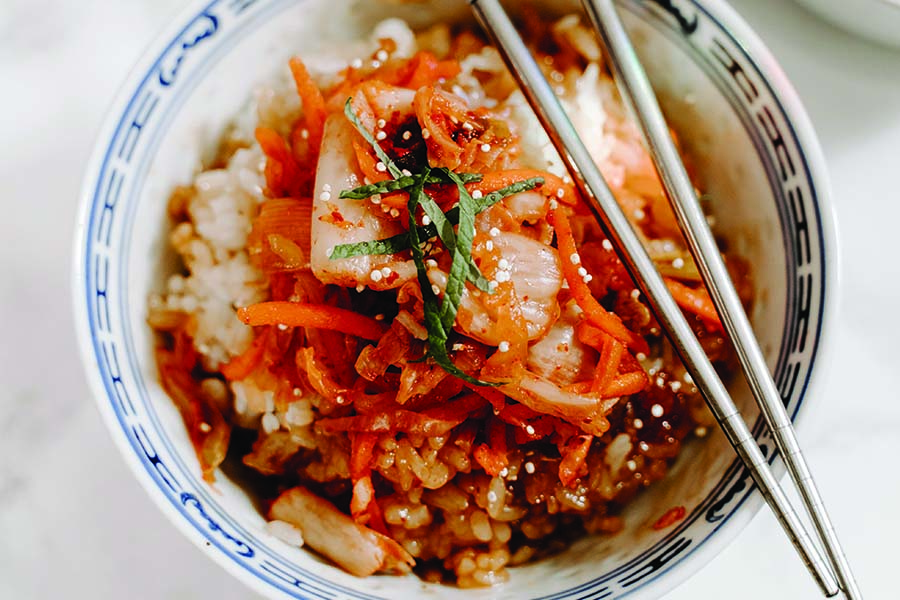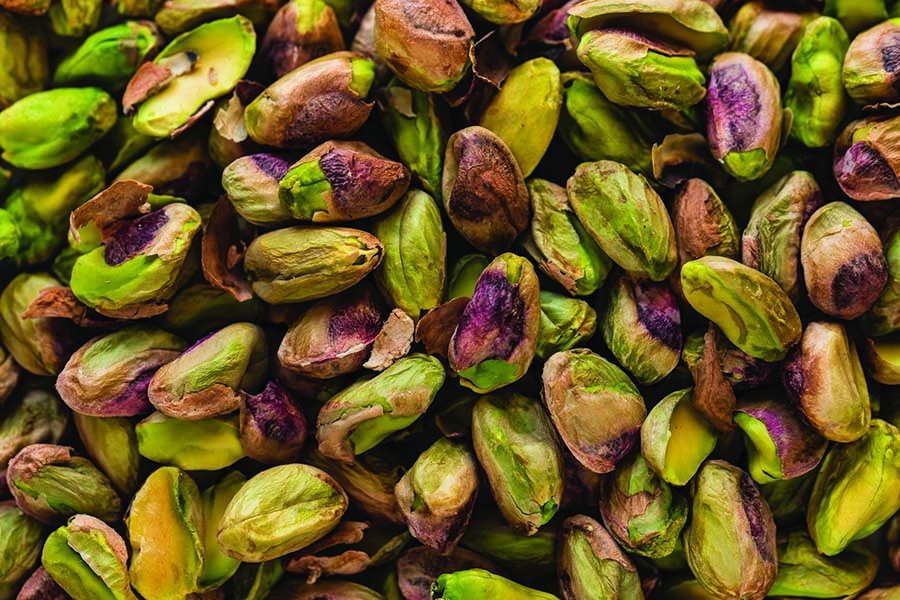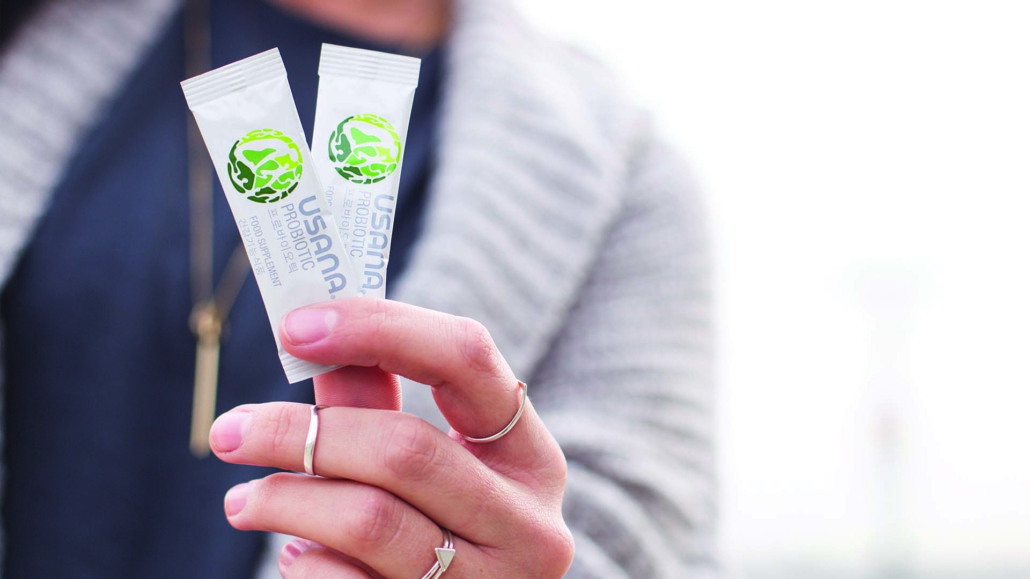Gut Friendly Recipes for the Holidays
The sweet smell of a hundred baked treats, platters and dishes filled to the brim, and tables creaking under the weight of a family feast—the holidays are here! And they’ve brought enough food and snacks to fill a sleigh (or two).
It’s a great time for your sweet tooth, but maybe not so great for your gut health. Still, there are plenty of ways to make your holiday meals more microbiome friendly. Check out these tips, foods, and recipes to help you balance your belly through this hectic time of year.

Basic Tips to Balance Your Belly
A lot goes into keeping your microbiome balanced, but here are four simple steps that can get you started.
- Remove: Cut out foods that contain toxins, hormones, chemicals, processed sugars, or additives. They may cause an imbalance in your gut bacteria.
- Repair: Eat plenty of foods that contain prebiotic fiber or take supplements. This helps support your current microbiome as is.
- Replace: Eat certain herbs, spices, and supplements that can replace stomach acid and digestive enzymes.
- Reinoculate: Repopulate your gut with healthy bacteria by eating probiotic- and prebiotic-rich foods.
The key is to make sure you’re supplementing your microbiome with plenty of probiotics and then supporting those probiotics with prebiotic fiber.
Probiotic Rich and Prebiotics Aplenty
Probiotics and prebiotics are everywhere, you just need to know where to look.
Asparagus, jicama, apples, broccoli, beans, and whole grains are all loaded with fiber and prebiotics to help support the good bacteria already in your gut. Bananas, onions, garlic, flaxseed, and seaweed also aid gut microbiome health. Many of these foods are also rich in inulin—a class of dietary fiber linked to overall digestive health.
For probiotic-rich foods, look for vegetables or dairy that have been through some kind of fermentation process. Foods like pickles, miso, kimchi, yogurt, and kefir are bursting with healthy probiotics that can help your gut microbiome flourish. Still, pickles contain a lot of salt, so eat them sparingly. And make sure to eat sugar-free yogurt.
Cayenne pepper, ginger, cinnamon, oregano, and turmeric can also keep your belly balanced. These, and many other herbs or spices, can encourage your body’s natural process of creating digestive enzymes.

Making the Meal
Now you know what foods are good for your microbiome, but we still need to put them into delicious dishes worthy of any holiday feast. Take a look below at some great recipes that use probiotic- and prebiotic-rich foods. Try whipping them up tonight or use them as inspiration to create your own gut-friendly recipes this season.
Asparagus and Smoked Salmon Bundles
Asparagus is a great source of prebiotic fiber to help nourish your microbiome. And the added salmon will give you a boost of omega-3 fatty acids.
Pan-Seared Lemon Turmeric Chicken Salad
Turmeric has been shown to help healthy digestion and produce digestive enzymes. Plus, it’s really tasty when paired with lemon.
Labneh is a thick, slightly salty Middle Eastern yogurt that can be easily made at home. This can be served with pita chips or cucumber slices to bring some zest to your holiday meal.
Broccoli Stalk, Kimchi, and Zucchini Salad
Fermented foods like kimchi are great for introducing good bacteria to your gut. It can also be deliciously spicy.

While you’re at it, why not go ahead and learn how to make your own homemade kimchi or yogurt. You might just find a new healthy hobby that gives you plenty of delicious, probiotic-rich foods.
If you want to learn more about your bacterial buddies, check out this in-depth article about your microbiome and how it affects the rest of your body.


With USANA probiotic and my new Instant pot, it is so easy to make our own yogurt. My girls like to add some frozen blueberries to it too. Sooooo ???? yummy ????
With USANA probiotic and my new Instant pot, it is so easy to make our own yogurt. My girls like to add some frozen blueberries to it too. Sooooo ???? yummy